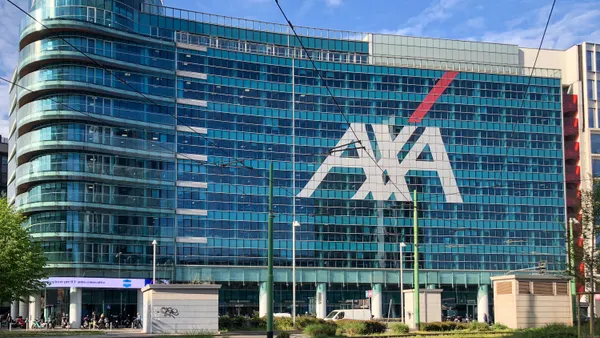Dive Brief:
- As more companies progress in digital transformation, competitors are incentivized to conduct similar efforts in their organization, according to a Couchbase survey of 450 technology executives overseeing companies with more than a thousand employees in the U.S. and Europe. The impact of digital transformation is top of mind for executives considering business longevity: 67% of U.S. and 62% of overall leaders said a business that can't keep up with digital transformation will last two to four years before folding or being absorbed by a competitor.
- Forty-percent of U.S. companies spent between $5 million to $20 million on digital innovation and transformation projects in the last 12 months.
- In the next 12 months, 26% plan on spending $10 million to $50 million while 41% plan to spend $1 million to $10 million.
Dive Insight:
There is an evident difference in spending between companies overall and companies that are self-reportedly successful in their digital transformation. Of the companies that reported completely revolutionizing the end-user experience relative to their industry, 42% spent $50 million or more in the last year.
And in the coming year, 27% of them plan to spend more than $100 million and 34% plan to spend $20 million to $100 million, according to the survey.
Whether a digital incumbent or native, the price tag of digital transformation initiatives is big, and committing to the years' long and multimillion dollar effort is not a decision companies make lightly.
But it's also not an option for most businesses. Getting left behind in the digital economy can be a death knell for a company as customers flock to more digitally savvy and secure companies. Juggling the demands of digital transformation and in-house functions has created an emerging dichotomy of world class and average IT groups.
One key factor in winning in the digital economy is IT intensity, or how much a company spends on proprietary IT relative to net investment. Companies that spend more on talent, proprietary hardware and software and processes are emerging as the leaders in a "winner take most" economy where the productivity and innovation gap is widening.
Focusing on culture has also been identified as a key component of successful digital transformation, shifting the internally and externally facing mindset of employees. Engagement and happiness of workers can be as indicative of company health as financial markers.













